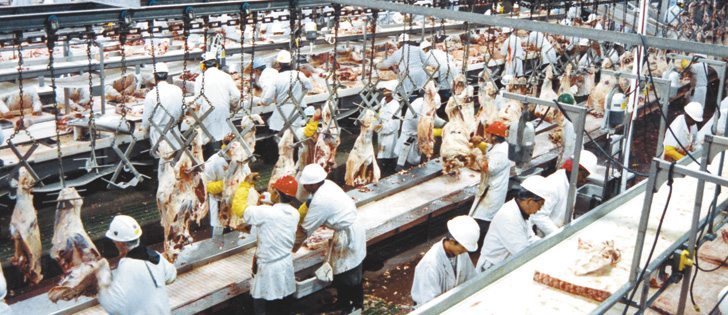DES MOINES, Iowa (Reuters) – The world has made little progress reducing hunger since 1990, says a new report that identified 29 countries with alarming levels of malnutrition, mainly in Africa and South Asia.
Those countries are also most vulnerable to the impact of historically high food and energy prices and economic recession, factors that the International Food Policy Research Institute (IFPRI) said are not yet captured in the data it uses to compile its annual hunger index.
“After decades of slow progress in combating global hunger, the number of malnourished people is now rising as a result of recent events,” said the report, published by IFPRI, German aid group Welthungerhilfe and Irish aid group Concern Worldwide.
Read Also

Petition launched over grazing lease controversy
Battle continues between the need for generation of tax revenue from irrigation and the preservation of native grasslands in southern Alberta rural municipality.
“The current situation of food crisis, financial crunch and global recession has further undermined the food security and the livelihoods of the poor,” the report said.
Using data up until 2007, the index scores three leading indicators of hunger: the proportion of people who are undernourished, the prevalence of child malnutrition and child mortality rates.
Since 1990, the global index has improved to 15.2 from 20. A score of less than five is viewed as low, 20 is scored as alarming and higher than 30 is designated extremely alarming.
Sub-Saharan Africa had a regional index of 22.1, while South Asia scored 23, mainly because of widespread child malnutrition, the report said.
More than 40 percent of children are underweight in Bangladesh and India, IFPRI said.
Since 1990, some countries dramatically improved their scores, the report said, including Vietnam, Brazil, Saudi Arabia and Mexico.
However, 13 countries have seen hunger levels rise. The Democratic Republic of Congo scored the worst at 39.1, followed by Burundi, Eritrea, Sierra Leone, Chad and Ethiopia, each with scores higher than 30.














